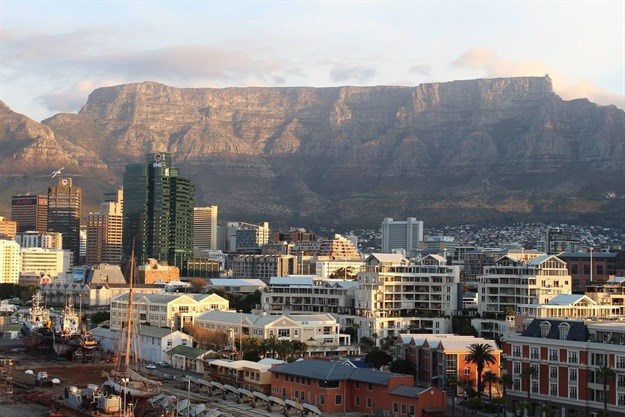
Subscribe & Follow
The market will be fine, but what about the city?

Perhaps this is the wrong question. The question should rather be, does Cape Town still provide a good hedge in uncertain times? With limited stock and development opportunity, and while the city remains a cleanly managed local government, the answer, surely, is yes.
Beyond the CBD
The challenge is, however, to look beyond the CBD and to ask how much investment is the city really attracting? The CBD will be fine, what about the rest of the city? How many new sustainable jobs are really being created? Is this a city of new opportunity or is this a city that is attractive because no one seems to be stealing its money and because nothing changes? (In uncertain times the constant does seem to be attractive.)
Although one should never speak lightly of the desperate need for clean governance, recent events illustrate that, under the guise of clean governance, no expense will be spared to peruse this perception of clean governance, even if this means investing hundreds of thousands of rands to prove that no politician or official, irrespective of seniority and executive status, should accept a ride on a train or, literally, a free lunch.
Grinding a city to a halt
In the private sector, decisions like these are left to executives in terms of professional discretion. In the public sector, this gives one’s political enemies enough reason to grind a city to a halt. The fact that the cost of the current investigation surrounding the Office of the Mayor would probably be enough to sponsor a school feeding programme for months on end seems to go unnoticed. No-one seems to mind because clean governance makes us sleep well at night, even if there is grinding poverty out there.
Speaking from a property perspective, an industry that by default engages with urban change and fixed investment, the question is: “What is Cape Town doing to attract new money and new opportunity?” For the last number of years, the political drum has been beaten on the theme of catalytic investments - Foreshore, Maiden's Cove, Salt River/Woodstock and Conradie Hospital to mention but a few. Yet time and time again, projects fail to be implemented because some rule of procurement or decision on alienation of land was not adhered to while other decisions were taken in the wrong order. The Sea Point Pavilion still hosts little more than a locked-up ice cream shop, years after the failure of a similar attempted catalytic investment.
Investment through catalytic projects
Bearing in mind that the city employs some brilliant brains and handsomely overpays when compared to the private sector, one can but become cynical when looking at failed attempts to attract investment or thinking outside of the box. Is the idea of investment through catalytic projects nothing more than a pipe dream? Or is creativity and implementation being stifled by a culture of audit and government through lawyers? Should government not perhaps stick to the sales of utilities and the provision of critical social and security services, since it cannot pass its own statuary hurdles on any innovative thinking?
It appears that any attempt to facilitate innovative thinking and decision making has become, within current norms, something to be frowned upon. Why employ these brilliant brains in civil service if they cannot do what they are supposed to do: think and implement? Perhaps our president’s “Thuma Mina” initiative is not compatible with the plethora of legislation and policies that actively undermine delivery in the public sector. But it does speak to the private sector’s ability to act.
Culture of anti-change, anti-development
The status quo actively supports the no-change culture that seems to be a constant in the Cape. The culture of anti-change and anti-development flies in the face of lip service to investment and job creation. Yet 24 years into democracy, the Cape still looks and functions as it did before 1994. We cannot correct the wrongs of the past if our primary obsession is to keep things the same as they have been for the last millennia.
It is clearly time for the private sector to step forward and to drive an investment vision for the city and the region. It is time to experiment with new ideas and define new opportunities. It is time for the private sector to think about what the city of 2050 should look like.
It remains government’s job to keep a clean ship. But it is also government’s job to reduce red tape and bureaucracy and to step out of the way. It is also perhaps time for the lawyers and auditors to be briefed on helping to get things done and not on finding political splinters in opponents’ eyes in pursuit of personal agendas.
This op-ed was submitted in response to an article which appeared in the Sunday Times ("Tears and fears as reality hits Cape property", 28 October 2018, by Bobby Jordan), which debated the state of property development in Cape Town.






